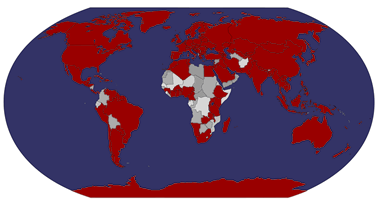Pip, who sent this card to me, tells me that these signs are really common over there, especially in southern New Zealand where it's more rural and isolated. I love it how the penguins have got their own road sign! :)

The stamp is from a set of 6, issued in 2008, representing 'Matariki'. This one shows 'Whakapapa'.
These words were totally alien to me so I had to look up their meanings. So here we go:
In the Māori language Matariki is the name of the Pleiades star cluster, which was important for agriculture in establishing the correct time to plant crops. The first rising of the Pleiades and of Rigel (Puanga in Māori) occurs just prior to sunrise in late May or early June, and this indicates that the old year has ended and the new year has begun. The actual time for celebrating Matariki varies, depending on the iwi (tribe or clan). Some iwi celebrate it immediately. Others wait until the rising of the next full moon, or alternatively the dawn of the next new moon. It has become common practice for various private and public institutions to celebrate Matariki over the period of a week or month anywhere from early June to late July.
Whakapapa or genealogy, is a fundamental principle that permeates the whole of Māori culture. However, it is more than just a genealogical 'device'. It is in fact a paradigm of cultural discourse and provides the basis for establishing, enhancing, and even challenging relationships between individuals, whanau (families), hapu (local tribal entities), and iwi (regional tribal bodies).


 Maroon
Maroon 










































































































































































No comments:
Post a Comment